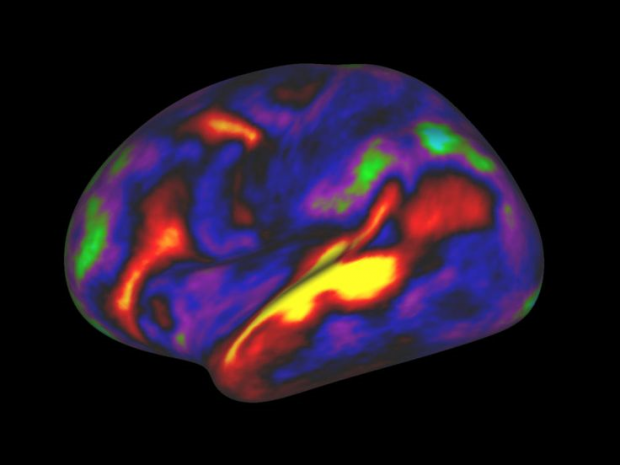
Breaking News
6.5x55 Swedish vs. 6.5 Creedmoor: The New 6.5mm Hotness
Best 7mm PRC Ammo: Hunting and Long-Distance Target Shooting
 Christmas Truce of 1914, World War I - For Sharing, For Peace
Christmas Truce of 1914, World War I - For Sharing, For Peace
Top Tech News
 EngineAI T800: Born to Disrupt! #EngineAI #robotics #newtechnology #newproduct
EngineAI T800: Born to Disrupt! #EngineAI #robotics #newtechnology #newproduct
 This Silicon Anode Breakthrough Could Mark A Turning Point For EV Batteries [Update]
This Silicon Anode Breakthrough Could Mark A Turning Point For EV Batteries [Update]
 Travel gadget promises to dry and iron your clothes – totally hands-free
Travel gadget promises to dry and iron your clothes – totally hands-free
 Perfect Aircrete, Kitchen Ingredients.
Perfect Aircrete, Kitchen Ingredients.
 Futuristic pixel-raising display lets you feel what's onscreen
Futuristic pixel-raising display lets you feel what's onscreen
 Cutting-Edge Facility Generates Pure Water and Hydrogen Fuel from Seawater for Mere Pennies
Cutting-Edge Facility Generates Pure Water and Hydrogen Fuel from Seawater for Mere Pennies
 This tiny dev board is packed with features for ambitious makers
This tiny dev board is packed with features for ambitious makers
 Scientists Discover Gel to Regrow Tooth Enamel
Scientists Discover Gel to Regrow Tooth Enamel
 Vitamin C and Dandelion Root Killing Cancer Cells -- as Former CDC Director Calls for COVID-19...
Vitamin C and Dandelion Root Killing Cancer Cells -- as Former CDC Director Calls for COVID-19...
 Galactic Brain: US firm plans space-based data centers, power grid to challenge China
Galactic Brain: US firm plans space-based data centers, power grid to challenge China
Industrial-scale high-resolution brain mapping for neuroscience

A huge facility set to open in Suzhou, China, next month should transform high-resolution brain mapping, its developers say.
Where typical laboratories might use one or two brain-imaging systems, the new facility boasts 50 automated machines that can rapidly slice up a mouse brain, snap high-definition pictures of each slice and reconstruct those into a 3D picture. This factory-like scale will "dramatically accelerate progress", says Hongkui Zeng, a molecular biologist at the Allen Institute for Brain Science in Seattle, Washington, which is partnering with the centre. "Large-scale, standardized data generation in an industrial manner will change the way neuroscience is done," she says.
The institute, which will also image human brains, aims to be an international hub that will help researchers to map neural connectivity for everything from studies of Alzheimer's disease to brain-inspired artificial-intelligence projects, says Qingming Luo, a researcher in biomedical imaging at the Huazhong University of Science and Technology (HUST) in Wuhan, China. Luo leads the new facility, called the HUST-Suzhou Institute for Brainsmatics, which has a 5-year budget of 450 million yuan (US$67 million) and will employ some 120 scientists and technicians. Luo, who calls himself a "brainsmatician", also built the institute's high-speed brain-imaging systems.

 The State's Last Stand
The State's Last Stand


